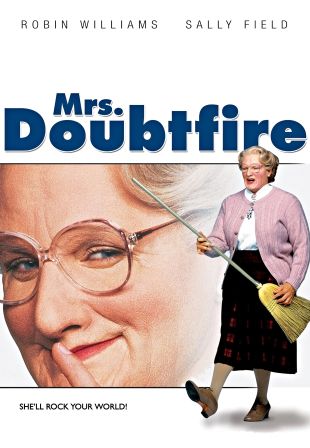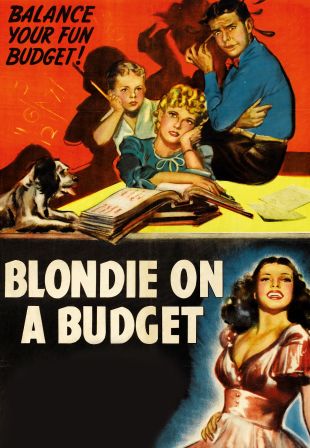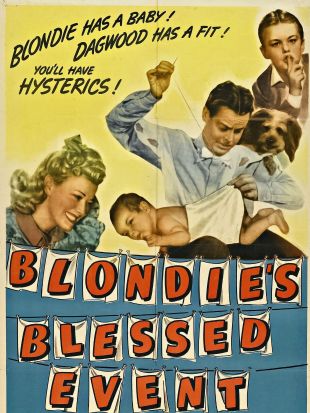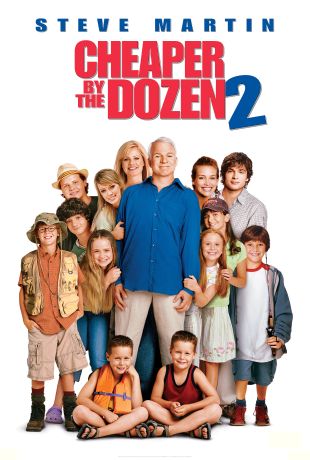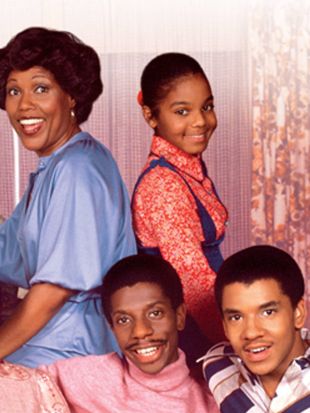
Good Times (1974)
Genres - Comedy |
Sub-Genres - Domestic Comedy, Sitcom [TV], Urban Comedy |
Run Time - 30 min. |
Countries - United States |
Share on
Synopsis by Hal Erickson
A spin-off of a spin-off, the CBS sitcom Good Times was derived from the Norman Lear-produced comedy series Maude, which itself was spawned by another Lear project, All in the Family. The link between Maude and Good Times was the character of Florida Evans (Esther Rolle), the sharp-tongued, no-nonsense African-American maid of hyper-liberal white suburbanite Maude Findlay. Beginning Friday, February 8, 1974, viewers were invited on a weekly basis into the home of Florida and her family, a cramped two-bedroom apartment on the 17th floor of a federal housing project in Chicago's run-down West Loop. Florida's husband was James Evans (John Amos), a proud Army veteran who was not about to let the fact that he had only a sixth-grade education prevent him from trying to support his family. Alas, good jobs were few and far between -- and when James finally did secure employment, he generally had to hold down two jobs to make ends meet. Thus, Florida was essentially the breadwinner in the Evans household, though she would always defer to James as far as important family decisions were concerned.
The Evanses had three children. Seventeen-year-old James Jr. (Jimmie Walker), better known as J.J., was a talented aspiring artist who spent most of his free time seeking out "can't-miss" moneymaking schemes or trying to score with his gorgeous female classmates; his rather inflated assessment of his romantic prowess was summed up by his frequent exclamation "Dy-no-mite!" Sixteen-year-old Thelma (BernNadette Stanis, billed in some of the earlier episodes as Bern Nadette) had dreams of going to college and becoming a journalist. And 11-year-old Michael (Ralph Carter), nicknamed "the Midget Militant" by his family, was always seeking out racial or social iniquities to be corrected -- even where, to the naked eye, no such iniquities existed. Other regulars included the Evanses' obligatory wisecracking next-door neighbor, Willona Woods (Ja'net DuBois), and the family's none-too-ethical landlord, Nathan Bookman (Johnny Brown, a recurring character until 1977).
Though Norman Lear is usually given most of the credit for Good Times, the series was actually the brainchild of Eric Monte, who had himself grown up in the grim Cabrini-Green housing project on Chicago's South Side. As originally conceived, the series was to have depicted in a humorous and warm-hearted fashion the solidarity of the African-American family unit despite grinding poverty and substandard living conditions. Gradually, however, the series gave way to pure verbal slapstick -- much of it racially stereotypical -- as the Evanses' flamboyant, jive-talking son J.J. emerged as the most popular character. By the time the third season rolled around, virtually every episode revolved around the antics of J.J., much to the dismay of nominal leads Esther Rolle and John Amos. At the end of the 1975-1976 season, Amos had had enough of playing second fiddle to co-star Jimmie Carter; the actor left the series, whereupon it was "explained" that James Evans had been killed in an auto accident en route to a new job in Mississippi.
This turn of events was also the beginning of the end for Esther Rolle, who had signed on to the program because of its positive depiction of a ghetto family with a strong father figure. Now that J.J. was the sole "male adult" on the premises, Rolle, too, began making preparations to quit the series. She was temporarily dissuaded when the producers agreed to find a new husband for Florida Evans, in the person of repair-shop owner Carl Dixon (Moses Gunn). Even so, J.J. continued to dominate the proceedings, his character becoming more exaggerated (and to some observers, more demeaning) with each passing episode. Ultimately, just before the beginning of its fifth season, Esther Rolle followed John Amos in leaving the series; the official reason given by the actress was "illness." The writers rapidly cooked up a scenario whereby Florida and Carl had gone on their honeymoon, leaving the then twentysomething J.J. and Thelma in charge of the Evans household, with Florida's best friend, Willona, as surrogate mother.
In answer to the series' many critics, the producers saw to it that the heretofore footloose J.J. landed a steady job with an advertising agency. And in hopes of expanding the series' audience demographic, a new regular character was added: Penny Gordon (Janet Jackson), whom Willona had rescued from an abusive household, and who would eventually be adopted by Willona. Assured that the character of J.J. had mellowed, Esther Rolle agreed to return to Good Times in the fall of 1978 -- minus her husband, Carl, whose absence was never explained. In a move to restore the "strong father figure" character to the series, Thelma became the wife of Keith Anderson (Ben Powers), a reasonably successful and reasonably mature football star. The arrival of Keith, however, allowed J.J. to revert to his "unemployed" status, and also (briefly) to his old scampish ways. When Keith suffered a career-ending injury that forced him to find a lower-paying job as a cabdriver, the rest of the family contributed to the Evans coffers, with Florida finding work as a school-bus driver and J.J. giving art lessons. The one echo of J.J.'s former reckless zaniness was his nervous relationship with neighborhood loan shark Sweet Daddy (Theodore Wilson).
The schizophrenic nature of Good Times was reflected in its ratings. Ending its first season in 17th place among the Top 20 programs, the series hit an all-time high of seventh place the following year. It then plummeted to 24th place during its third season and never even cracked the Top 25 for the rest of its existence. (The fact that the series was shuttled all over the prime-time lineup, from Friday to Tuesday to Wednesday to Monday to Saturday, may have been a contributing factor to its drop-off in viewership.) Nonetheless, though it was never CBS's premiere weekly sitcom, Good Times enjoyed a healthy shelf life in syndicated reruns, where it continued to flourish into the next millennium.
Characteristics
Moods
Themes
Keywords
African-American, housing-project, poor-family, working-class



